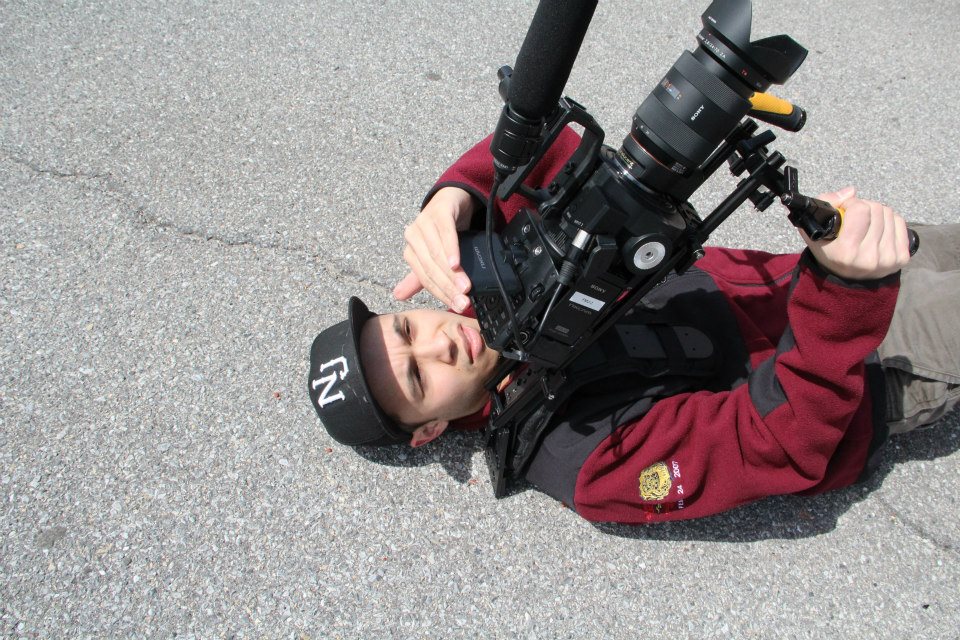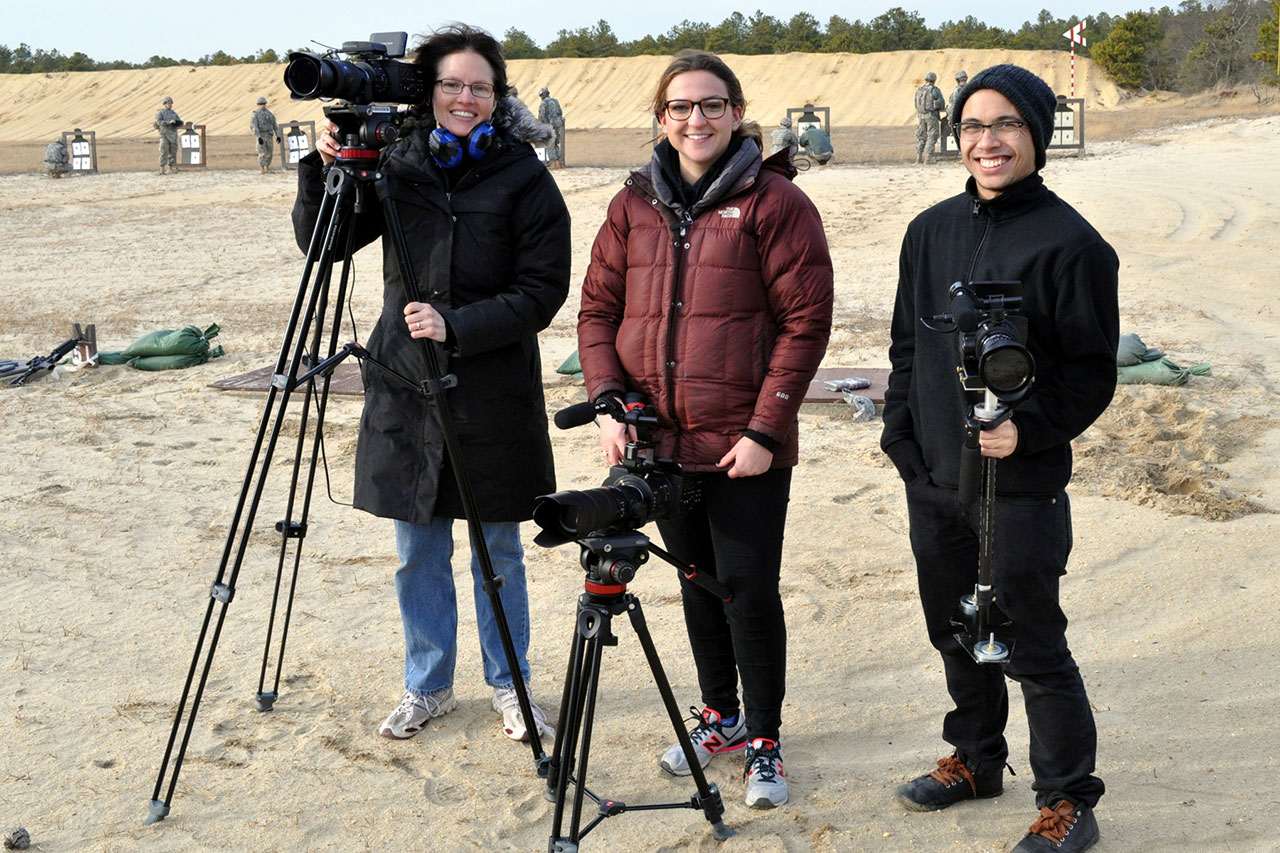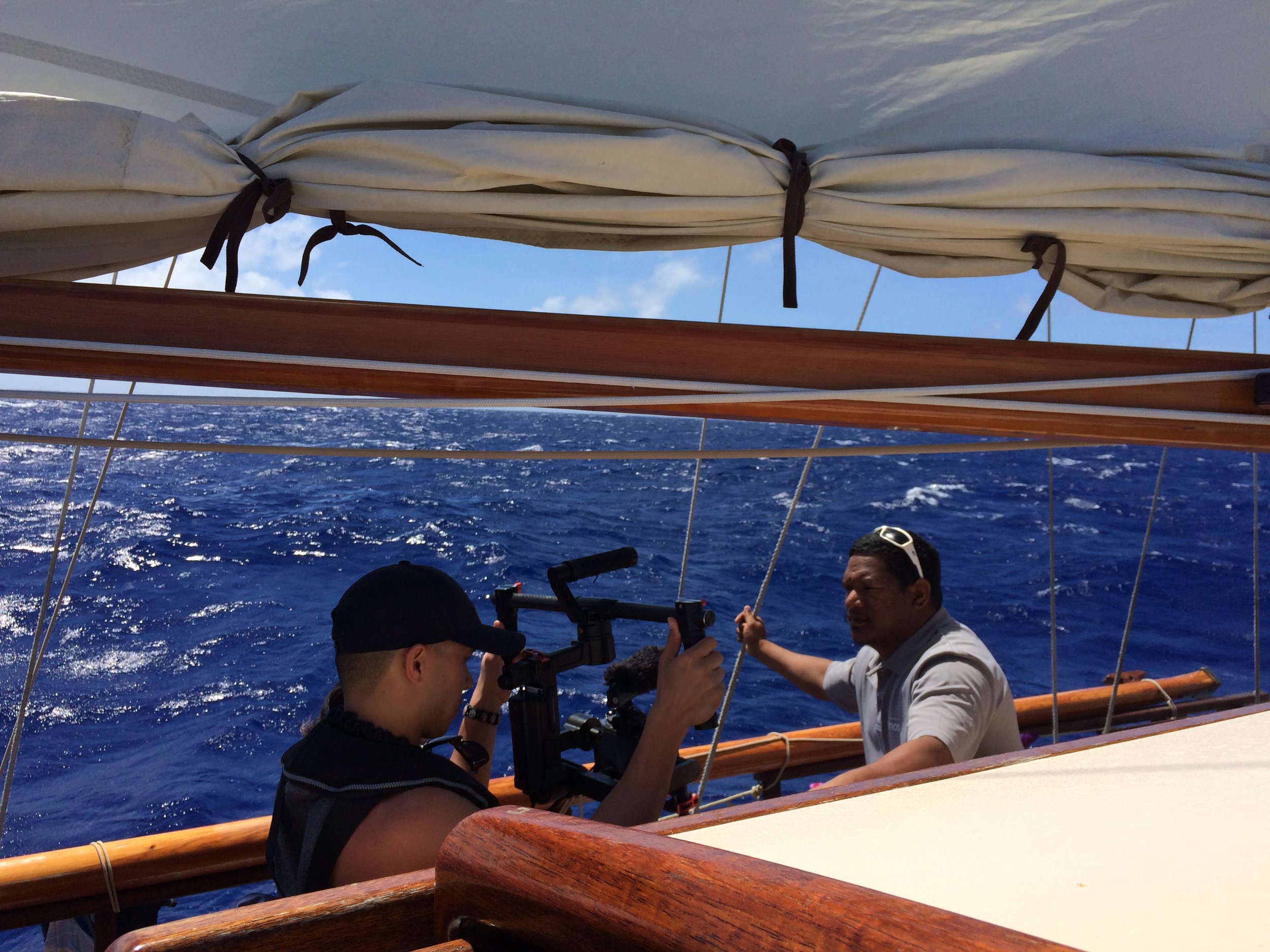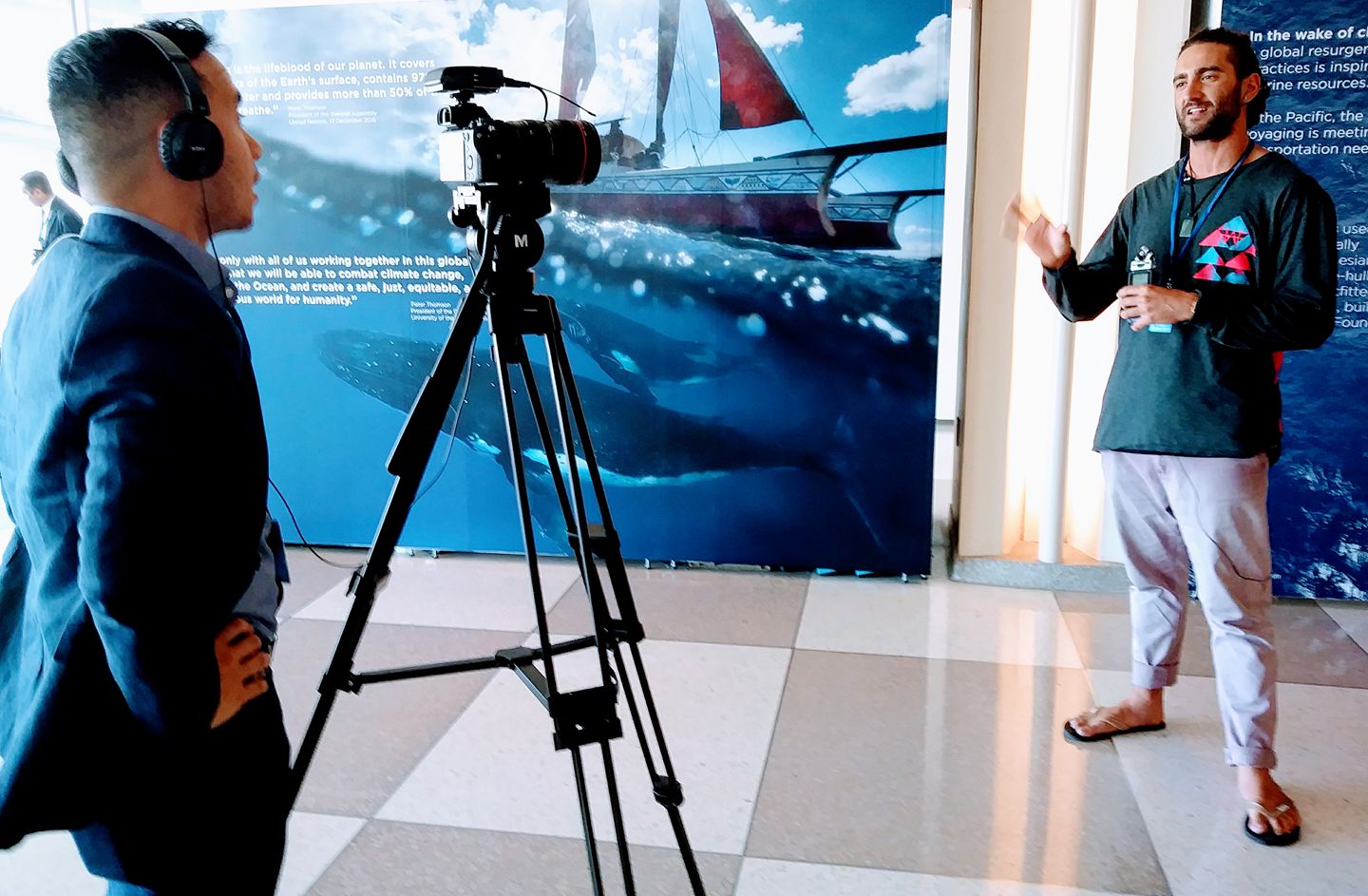About
It all started when…
Steven enrolled in a Digital Storytelling class in his sophomore year as an English and Journalism major at Rutgers University. He was always fascinated in storytelling, but immediately fell in love with the craft of non-fiction filmmaking while attending Rutgers under the mentorship of filmmaker Dena Seidel. During his undergrad, Steven spent three weeks in a rural village in Northern Thailand documenting volunteers for the NGO Engineers Without Borders as a part of an independent study. The student film, “Thailand Untapped,” premiered on PBS and received positive acclaim in the Northeast, including a regional Emmy nomination and “Best Homegrown Documentary” at the Garden State Film Festival.
Steven simultaneously pursued fiction filmmaking at Rutgers, winning “Best Campus Picture” at the 2012 Campus Movie Fest - a nationwide student film competition that challenges students to shoot and edit a five minute film within a week. His film “The Rings We Bear” went on to screen at the 2013 Cannes International Film Festival.
After graduating, Steven worked on three feature length documentaries at the Rutgers Center for Digital Filmmaking, including Antarctic Edge: 70º South, a story that follows climate scientists as they risk their lives to explore the fastest winter-warming place in the Antarctic Peninsula. The film, which Steven edited and co-produced, was acquired by Netflix, Hulu, Amazon and Participant Media’s Pivot TV. It received positive reviews on publications like the LA Times and New York Times.
Steven continued to pursue stories focused on oceans and environmental science as an associate producer at Pangolin Pictures, where he worked on shark shows for Nat Geo Wild and Discovery Channel’s Shark Week. During his time at the New York-based production company, Steven coordinated and produced film shoots overseas, but also assisted as an editor and second camera operator on shoots that, yes, required him to be uncomfortably close to wild, 8-foot tiger sharks. He is now a recurring lead editor for National Geographic’s Sharkfest specials that have also aired on Hulu and Disney +, meeting the challenges of COVID-19 by editing remotely from his at-home editing suite.
Today, Steven works as the Media Specialist at the environmental non-profit and production company Okeanos Foundation for the Sea. As the lead editor and producer of Okeanos’ feature length documentary, The Starchasers, Steven has spent months in some of the most remote islands of Micronesia documenting traditional Pacific sailors who navigate the open ocean using only the stars. In 2017, Steven shot several short projects on the Marshall Islands’ nuclear legacy where islanders continue to suffer from the impacts of US nuclear testing in Micronesia from the Cold War era. With Pacific Islanders at the forefront of sea level rise, Steven hopes his current stories will bring forth social and environmental justice for climate change reform. His work at Okeanos has already been exhibited at the United Nations, the Explorer’s Club, and on Pacific broadcast networks like Coconet TV, Palau TV, and The Bucketlist TV.
Steven is also passionate about pushing his craft and challenging his creativity as a freelance music video director. Over the years, Steven has directed, shot and edited a handful of visuals for several recording artists including Republic Records’ R&B singer Anthony Flammia. Steven’s music videos have been featured on MTV and VH1.





